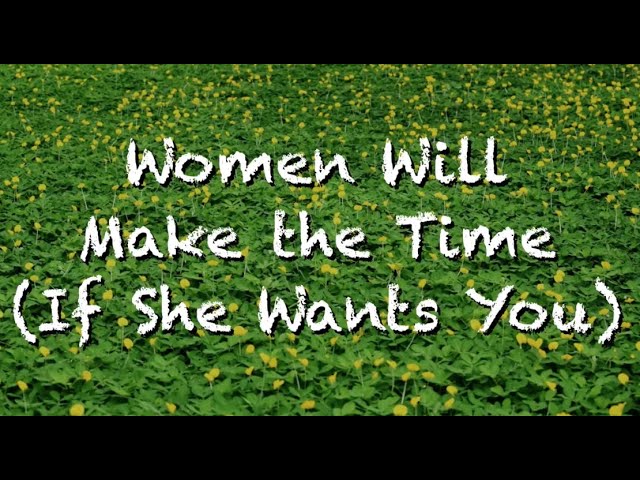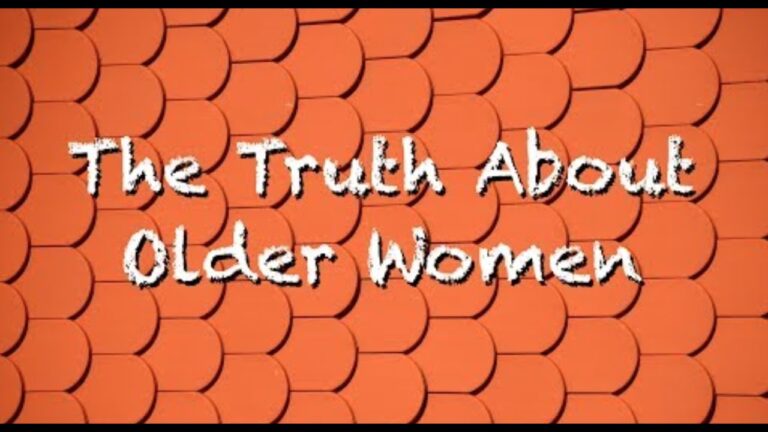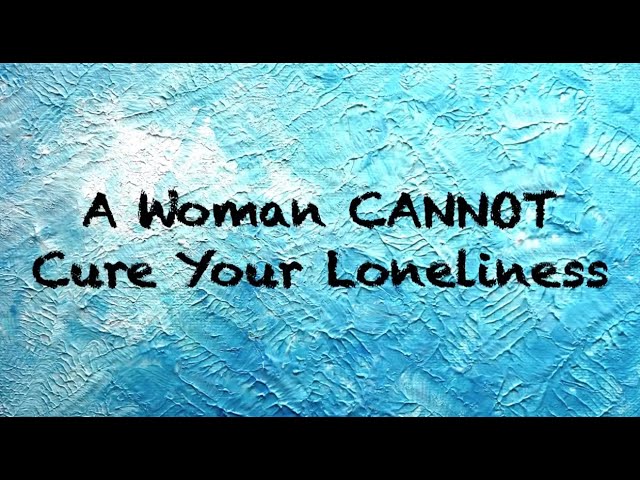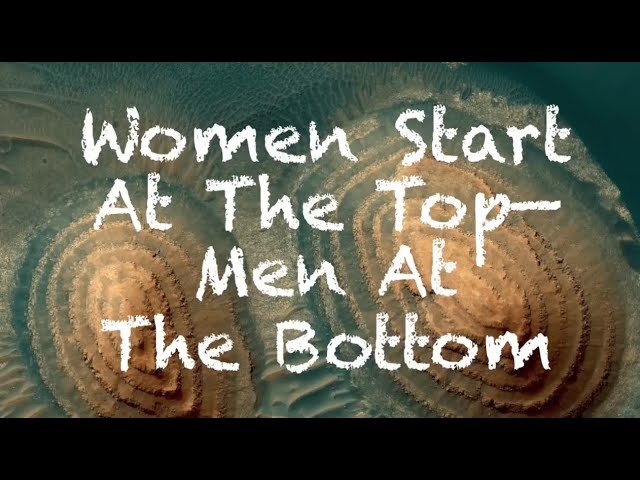The Government Simps For Women
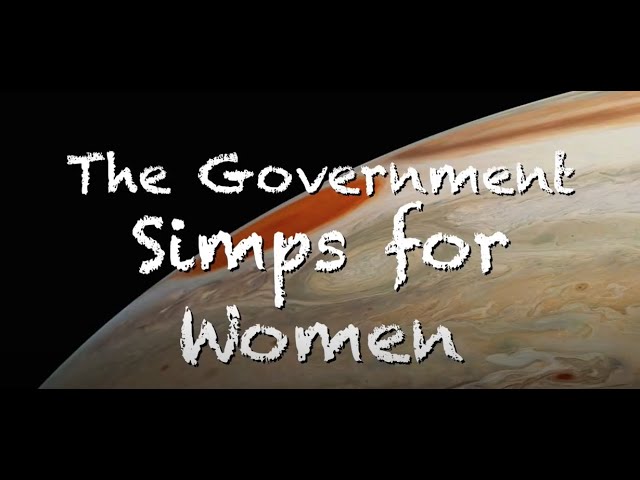
Key insights
- 💔 The state has become the biggest sexual competitor to men, providing for women what men used to provide in the past.
- 💰 The state has taken on functions that were traditionally provided by individual men, such as physical protection and resources, leading to the state replacing men in poorer areas.
- 🤔 The welfare state provides women with enough money to buy whatever they want, making them less likely to rely on men.
- 🚫 The state should cut back on resources for women to encourage men to fill the vacuum in the dynamic between men and women.
- 💰 The growth of the welfare state has marginalized men, leaving only high status men who can provide more resources than the state in the game.
- 🚨 Our civilization is literally destroying the sexual dynamics between men and women in the name of providing resources for those who are poor for women who are vulnerable and what not which is perfectly fine.
- 💔 The government’s influence on relationships can be frustrating and unfair for men.
The Impact of the State on Sexual Dynamics
The Historical Role of Men and Women
In the past, men and women had specific roles in relationships. Men were expected to provide physical resources and protection, while women displayed sexual attractiveness as a symbol of fertility. However, with the rise of civilization, the state has taken on many of these functions.
The State as a Sexual Competitor
In poorer areas, where men struggle to provide the necessary resources, the state has stepped in to fill the gap. This has led to an increase in single mothers and the state becoming the provider for women. The state’s ability to offer financial support and resources makes it an attractive option for women.
The Influence of Democracy
In a democracy, politicians understand the importance of attracting women’s votes. They promise to provide more social services and resources for women, knowing that women are hardwired to seek resources for themselves and their offspring. As a result, women tend to vote for politicians who offer increased support.
The Imbalance and Silencing of Opposition
In order to rebalance the situation, there would need to be a party advocating for a reduction in state-provided resources to women. However, in a democracy, such ideas are unlikely to gain traction. Those who recognize this imbalance and speak out against it are often silenced and labeled as misogynists.
The Gravy Train of Free Resources
People, including men and women, are naturally inclined to accept free resources offered by the state. Women, in particular, have been promised and given a lot by the state. The growth of the welfare state has marginalized men, leaving only high-status men who can provide more resources than the state.
The Shrinking Pool of Eligible Men
As the state continues to provide more resources to women, the number of men who can compete with the state decreases. This leads to fewer men who are sexually desirable to women, resulting in a smaller group of men who are successful in relationships.
The Impact on Middle and Lower-Class Men
Middle, lower-middle, and lower-class women are no longer interested in men who can provide for them long-term. With the state offering long-term support, women are more focused on finding men who are fun and sexually attractive. This creates a perverse incentive that further marginalizes men in these socio-economic groups.
The State’s Influence on Romantic Relationships
Men now have to compete with the state to attract women. They need to be either extremely sexually attractive or possess upper-middle-class or higher financial resources to be successful in relationships. This shift in dynamics can be frustrating for men who do not meet these criteria.
Conclusion
The state’s role in providing resources to women has had a significant impact on the dynamics between men and women. While it is important to support vulnerable individuals, the current system creates perverse incentives and marginalizes certain groups of men. Finding a way to rebalance this situation is challenging, but recognizing the impact of the state is the first step towards change.

